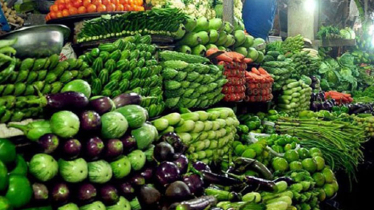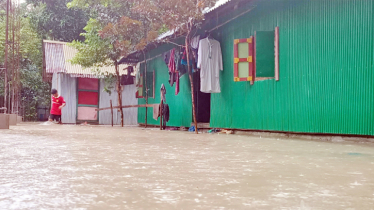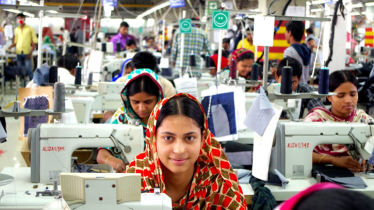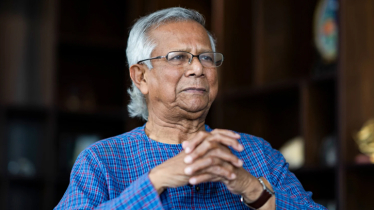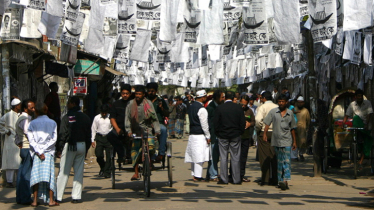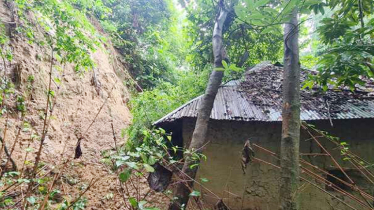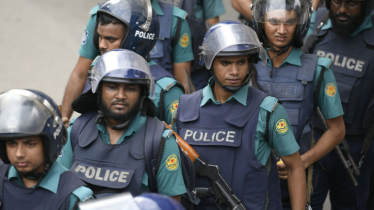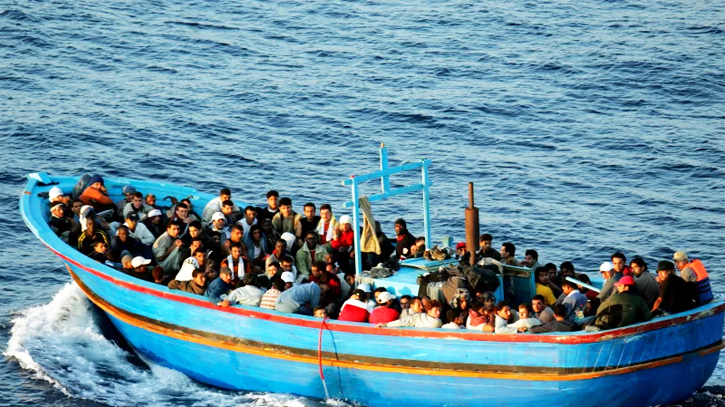
Photo : Collected
The media often publishes horrifying news of desperate youths from Bangladesh taking dangerous sea journeys in search of “golden deer.”
The horrors they experience at the hands of traffickers after they reach the first transit. The cruelties endured by the migrants cannot be described in words. They are confined in harsh conditions, and the captives are forced to call their guardians and ask for ransom.
They threaten that delay, non-payments, and informing law enforcement will result in further torture, and in the worst-case scenario, they will be killed.
Despite the news published and broadcast, the aspirants do not give a second thought but take the death-defying journeys by air, land, and sea to reach Europe, which takes weeks and months.
Most of the migrants are routed through Libya and certainly held captive by armed militias, and their ordeal begins before they board the dangerous boat journey across the Mediterranean Sea. Hundreds perish in the sea every year.
According to BRAC's Migration Programme, 63.2 percent of dare-devil Bangladeshi migrants were forcibly held captive in torture camps by gangs of traffickers in collaboration with armed militias in Libya, a key entry point to Europe.
Data shows that 93 percent were held captive in Libya by the "middlemen," or human smugglers, to whom the migrants had entrusted their passages.
The majority of the migrants reported that they were physically tortured and were given only one meal a day.
Most of the survivors of the ordeal are from Faridpur, Cumilla, and Noakhali. These are the regions where traffickers are active.
An update by UNHCR from December 2023 found that of 5,236 refugees and migrants who reached Italy by sea that month, 13 percent of them were from Bangladesh.
Of course, the courageous migrants said the traffickers manipulated their parents or guardians with false promises of lucrative job opportunities. They give references to some youths in their neighbourhood who managed to enter Europe and have started sending money to their parents.
The money no doubt provides succour to the poverty-stricken family and also repays the loans incurred for the trafficking, according to the study.
Almost half of the migrants who paid huge sums of money for the dangerous voyage returned home with empty pockets. Most families either sell off properties and cattle or even borrow money at exorbitant interest rates to fund their journey.
Nearly two thousand stranded trafficked persons were repatriated from Libya to Bangladesh, or they would have been rotting in the prisons and private jails of the armed gangs and traffickers.
A countrywide campaign should be launched to discourage the aspirants from entering Europe and instead encourage them to invest in the self-reliant programmes of the NGOs and the government’s youth programmes.
Messenger/Fameema

